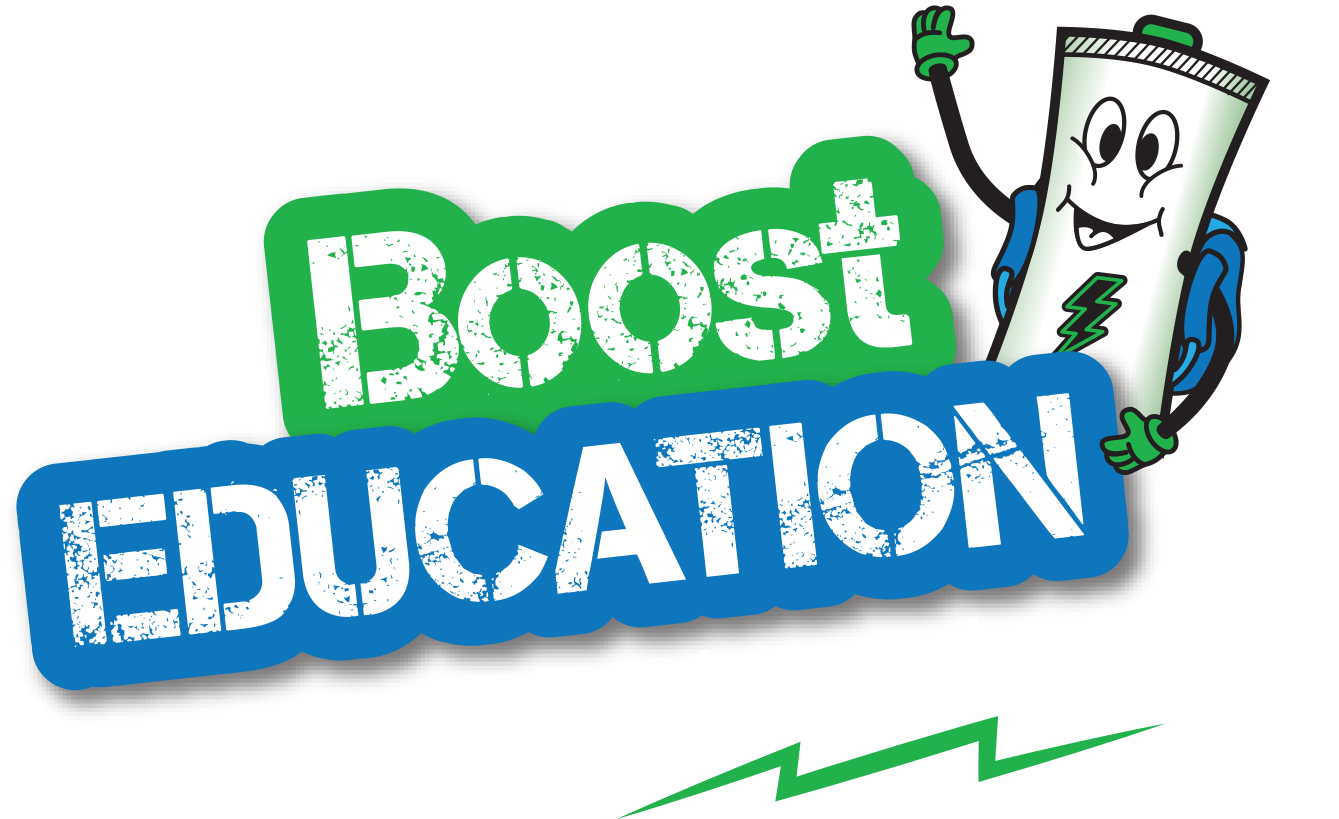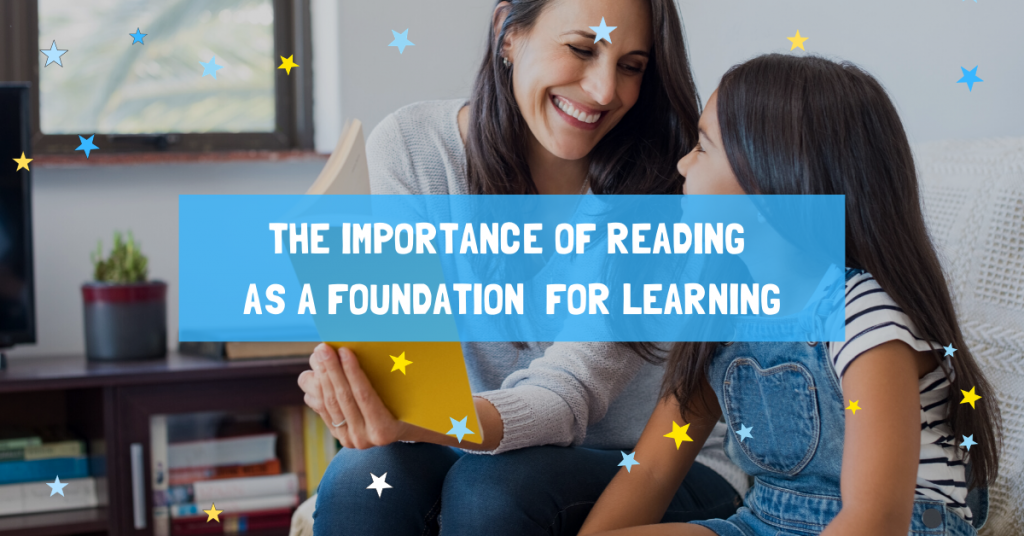The quality of reading and literacy in the country has been on the the up and up in recent years. England came in at 8th amongst fifty countries in an international literacy assessment conducted by the Progress in International Literacy Study (PIRLS) every five years. Countries from around the world participate in the assessments that uses the tests to assess international comparative reading attainment.
Students between the ages of 9 and 10 were subjected to testing, with the UK’s complement scoring 559, a strong showing and a successive improvement over recent years. The country’s worst year to date was 2003, with fifteenth position. The government largely attributes educational reforms implemented in recent years to its improved showing.
Teaching a Generation to Communicate Effectively
England’s standing in literacy is an important one as the world moves towards becoming an interconnected globe. As younger generations learn to communicate, they are bound to be influenced by peers, cultural changes and less formalised means of communication. We, after all live in a world of tweets, abbreviations and a growing list of both formal and informal additions to the spoken word.
This underscores the importance of a strong grounding in the proper use and understanding of language. This also highlights reading as a fundamental building block to developing healthy, fluent and rich vocabularies in children. While parents contend with a host of distractions and preferences to reading, it’s important to foster a love for it as it aids in the development of effective communication skills used throughout the human lifespan.
While the country’s standing in literacy may be improving, England does face some challenges in getting young minds more engaged in books. Below are a few statistics on literacy in the UK from the Reading Agency:
- On average, English learners show less positive attitudes towards reading compared to other European countries.
- Most English learners don’t read on a daily basis. In 2011, only a third of ten year-olds reported reading for pleasure every day.
- Almost half of 11-15 year-olds in England do not participate in reading and writing activities that are not required for school in their spare time.
- In 2015, one third of 5-15 year-olds in England had not visited a library in the last year.
These statistics allude to an absence in reading exercises in English homes. Environments in which reading is a part of daily routines and family times are important to positioning children for success. For the UK’s standing as a leader in kids’ literacy to continue, parents must make serious efforts to ensure their kids pick up the books in lieu of the telly and other distractions.
Here are just a few reasons reading is important to your child:
- Teaches self expression: Children with the ability to express their emotions are able to be understood and feel empowered in the process. Reading helps the human brain to build correlations between the spoken/written word and the visual world of their minds. When children read, they exercise their ability to express their thoughts and also learn how to do so more creatively and succinctly.
- Increases memory capacity: The richness of language means that vocabularies are inexhaustible. People who read often and for extended periods are scientifically proven to increase their cognition, memory and learning abilities. In fact, reading is also proven to aid ageing people in improving their memory and cognitive skills.
- It sets them up for success: Reading and communication is a cornerstone of our social, educational, mental and professional well-being. The ability to communicate effectively from early age sets your child up for success. Conversely, people lacking communication skills tend to suffer from learning challenges, confidence and assimilation within broader society. Also, interestingly, children who learn to read early are said to be better prepared for official learning curriculums, regardless of economic and other social backgrounds.
Here are a few ways you can help your child make reading a part of their everyday:
- Read to your child: Reading to your child is a key way to ensure they learn to love the process of doing so. With so many distractions in today’s hyper connected world, reading a book can seem like a chore at best. Yet, when reading to your child, you’re able to captivate them and draw them into the content. Make a habit of reading aloud and animate the experience to draw your child into the world of books and the stories they tell.
- Let them read about things they enjoy: Choose things your children love to learn about. Even if the choice of the day isn’t something particularly educational; as long as they read, they learn. Learn more about their preferences and source reading material they enjoy to keep them engaged and focused on the process of reading and learning.
- Use technology to your advantage: Computer and tablet screens may take preference over paperbacks but that doesn’t mean your children can’t enjoy a good read using the family iPad. The app and play stores found online offer a large collections of books, word and other learning and reading applications that can help your child improve their learning while growing accustomed to using technology.
Does Your Child Need Support in Improving Their Literacy?
The UK government’s recent announcement that it will invest £6 million in “English Hubs” to help improve literacy amongst kids is great news for parents and learners across the country. The hubs are said to be part of a series of measures to improve literacy amongst youth and foster a love for reading. The rollout is said to be similar to the Math Hubs set up on 2014 which was met with considerable success.
Boost Education fully supports any measures to help our kids enjoy improved and more enriched educational experiences. Our approach to learning is designed to support children on their journeys and enjoy access to all the opportunities they deserve to make the best of their futures. For more information on how we can help your kids face the challenges of education in the 21st century head on, contact us today.








